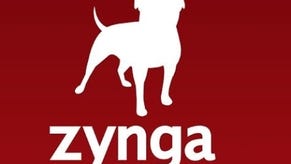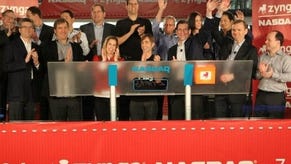Dyack: Social gaming to "crash hard"
Facebook gaming bubble about to burst?
The booming market for social gaming is about to hit a brick wall, so says games industry veteran Denis Dyack.
The Silicon Knights chief told IndustryGamers that he believed the sector had no real future.
"The trend that I see is it's probably going to be one of the biggest bubbles and explosions that our industry's seen in a long time and I think when it crashes it's going to crash very hard," he predicted. "I don't think there's an economy there."
Dyack speculated that revenues from social games would not match the huge amount of investment currently being thrown at them.
"I don't know about Zynga – I think that's a big micro, but I think that the amount of venture that's being poured in, in general, that's most of the video game industry investment.
"It looks like marketing to me. It doesn't look like real gaming. And maybe it'll change, I don't know. It looks very, very dangerous.
"I think Zynga's valuated more than some traditional publishers right now that have been in the industry for decades," he continued. "I'm sorry, but I just don't see it. It seems imaginary to me... it doesn't look long term healthy to me.
"And right now you're seeing a lot of influx in venture and you're seeing a lot of excitement and a lot of pie in the sky ideas, but when games actually have to start showing pure revenue and real 'here's how much we made and here's how much it cost'... I think that industry is going to not last very long."
Though EA was quick to jump on the bandwagon with its Playfish purchase last year, Dyack suggested that many traditional game publishers shared his concerns and were reluctant to commit resources.
"I think there are a lot of publishers out there that don't agree with it and they just haven't spoken about it. I don't see Nintendo going into that space, as an example. There are a lot of publishers that I don't see going into that space."
Back in October, Zynga – the outfit behind the FarmVille Facebook phenomenon – was valued at a staggering $5.51 billion.









